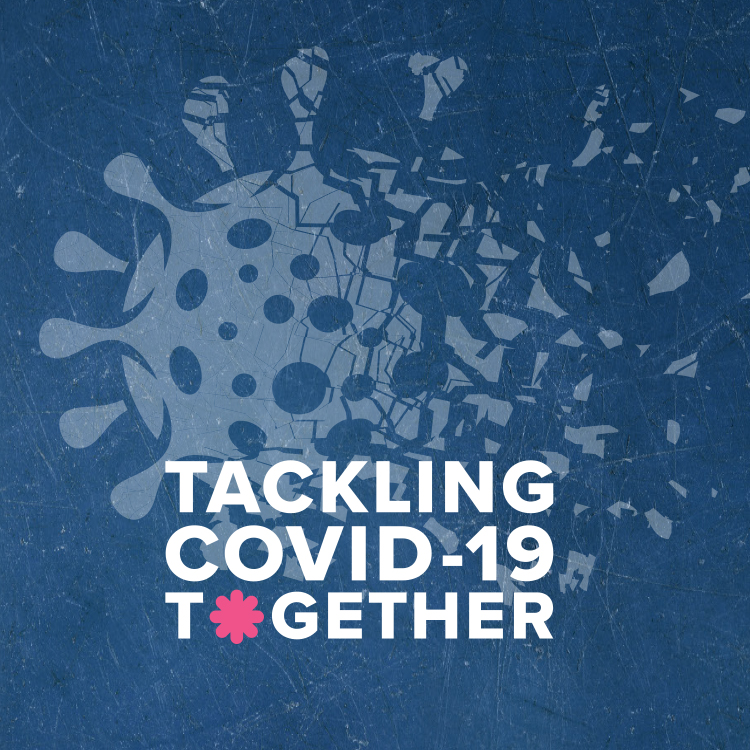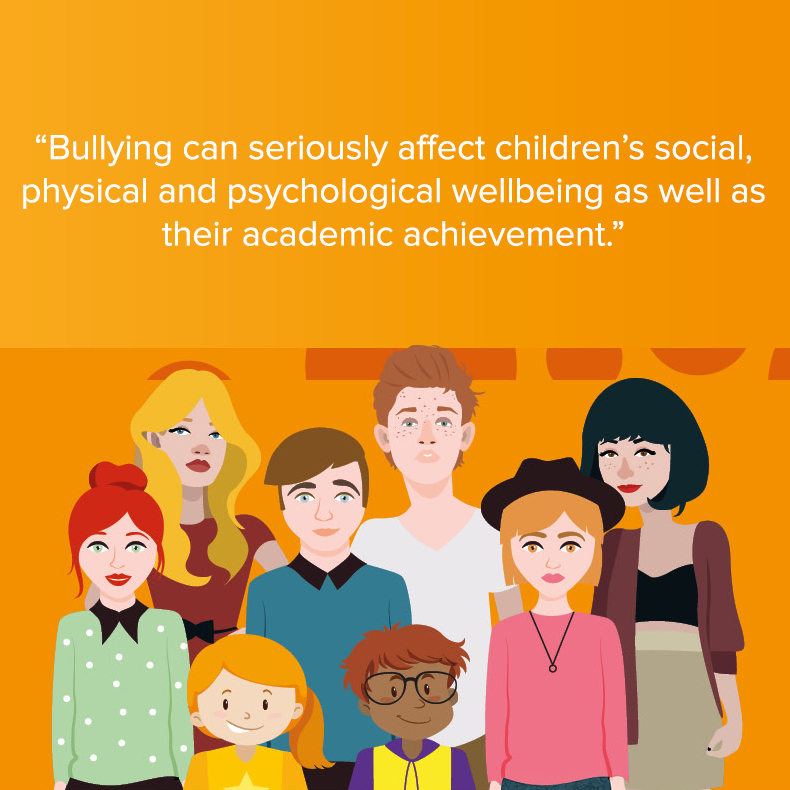Search

Engaging the community in COVID-19 rapid research

The research that is reducing the impact on families done by The Kids Research Institute Australia.

Infographics to easily learn more about bullying and what actions to take should bullying be an issue in your school or community.
Research
IVFIn Vitro Fertilisation (IVF) is an Assisted Reproductive Technology (ART) in which an egg is fertilised by sperm outside the body.
Research
Lytic activity, stability, biofilm disruption capabilities and genomic characterisation of two bacteriophages active against respiratory MRSAThis study aimed to characterise bacteriophages for potential therapeutic use against Staphylococcus aureus, focusing on clinical respiratory isolates of methicillin-sensitive (MSSA) and methicillin-resistant (MRSA) strains. Specifically, it sought to evaluate phage lytic activity, host range, stability, biofilm disruption capabilities, and overall safety for therapeutic use.
Research
In utero and early-life nitrate in drinking water impacts lung function of weanling ratsConsumption of nitrate in drinking water has previously been associated with a range of adverse health effects, including methemoglobinemia and potentially cancer. In animal models, it has been shown to impact respiratory structure and function, however, there is a paucity of data of the effects of in utero exposure on the respiratory health of offspring.
Research
SARS-CoV-2 Infection and Childhood Islet AutoimmunityThis cohort study examines whether there is a temporal association between SARS-CoV-2 infection and the development of islet autoimmunity among Australian children with a first-degree relative with type 1 diabetes.
Research
Quantitative electroencephalogram and machine learning to predict expired sevoflurane concentration in infantsProcessed electroencephalography (EEG) indices used to guide anesthetic dosing in adults are not validated in young infants. Raw EEG can be processed mathematically, yielding quantitative EEG parameters (qEEG). We hypothesized that machine learning combined with qEEG can accurately classify expired sevoflurane concentrations in young infants. Knowledge from this may contribute to development of future infant-specific EEG algorithms.
Research
Change in Dental Visits Among Eligible Children Under the Impact of the Child Dental Benefits Schedule in AustraliaIn Australia, although there have been some improvements, child oral health continues to be a major public health issue. The Australian Government introduced the means-tested Child Dental Benefits Schedule (CDBS) in 2014 to support access to dental services for children and adolescents aged 0-17 years from low-income families.
Research
Measuring cognitive and affective empathy across positive and negative emotions: psychometric properties and measurement invariance of the Perth Empathy ScaleEmpathy, a complex and multidimensional construct essential for social functioning and mental health, has been extensively studied in both research and clinical settings. The Perth Empathy Scale (PES), a recently developed self-report measure, assesses cognitive and affective empathy across both positive and negative emotions and is based on the self-other model of empathy. This study aimed to evaluate the psychometric properties of the Persian version of the PES in large Iranian sample.
